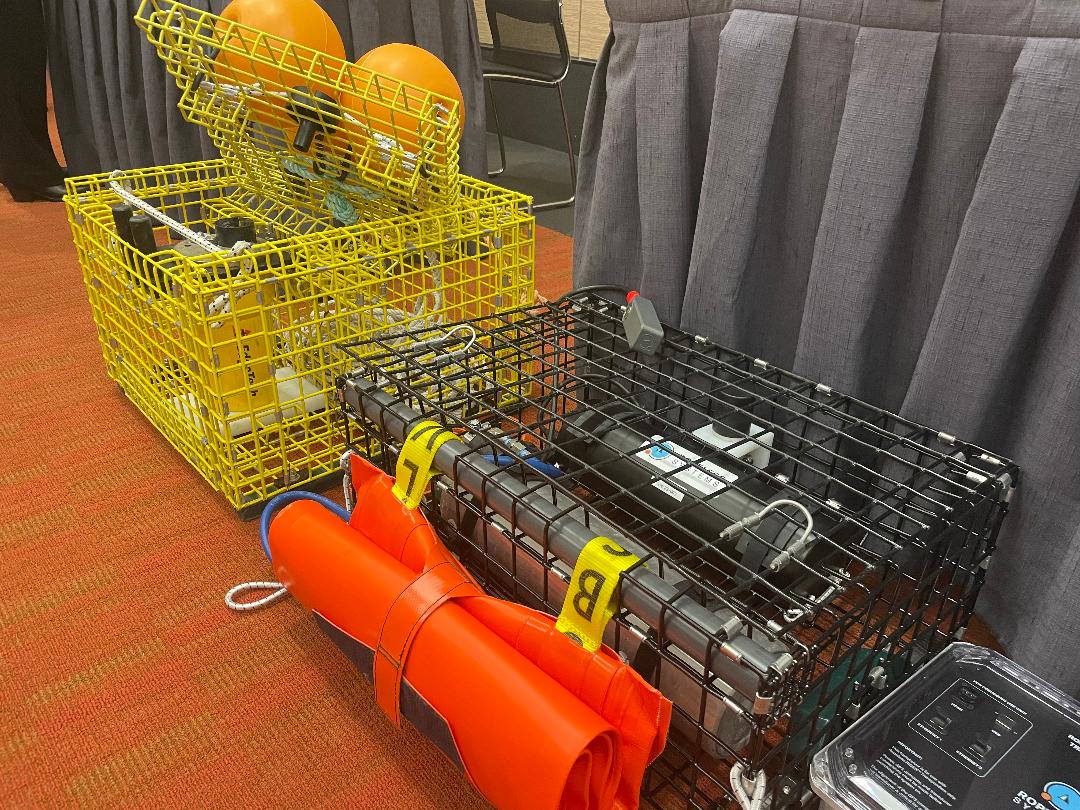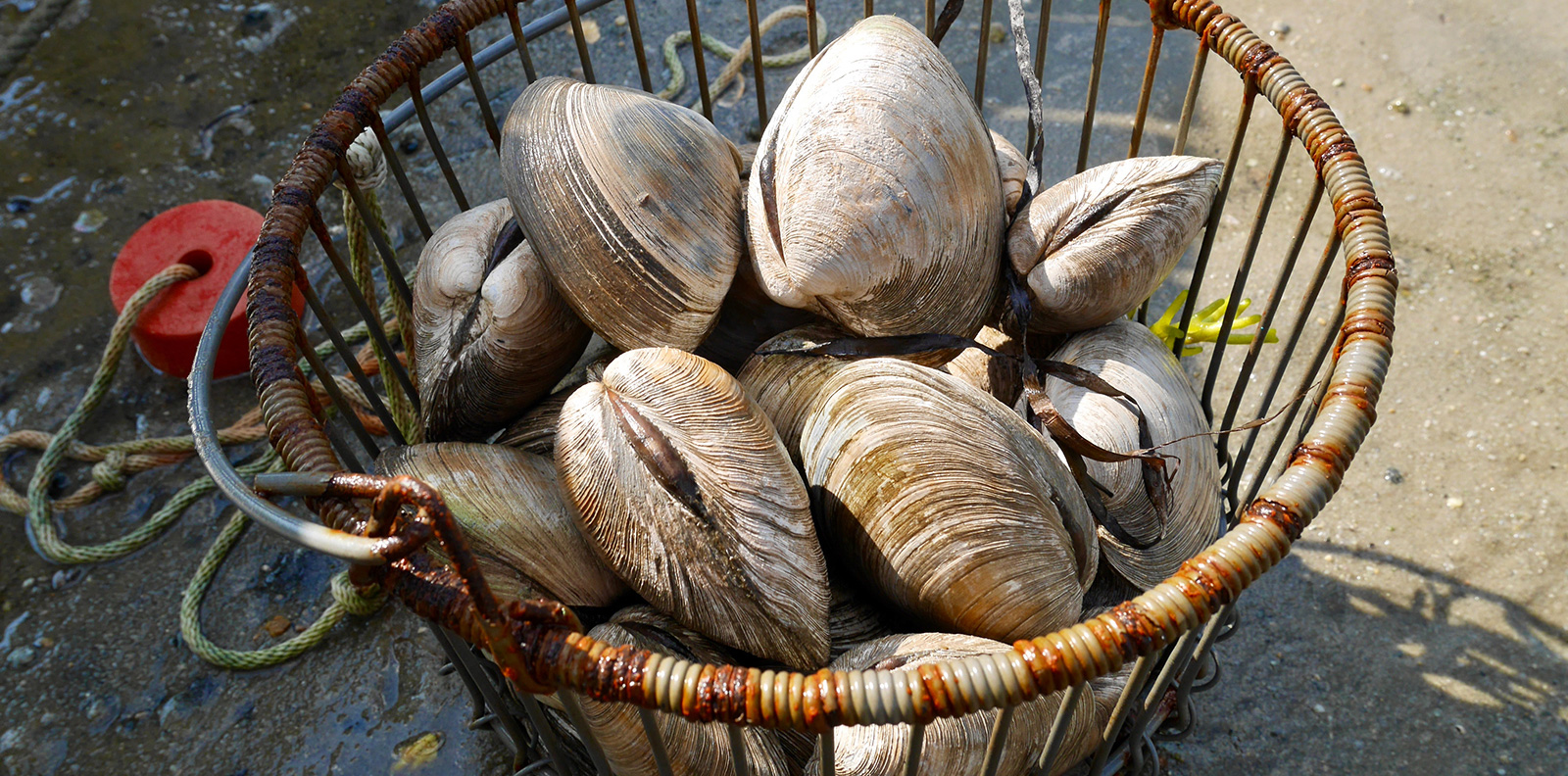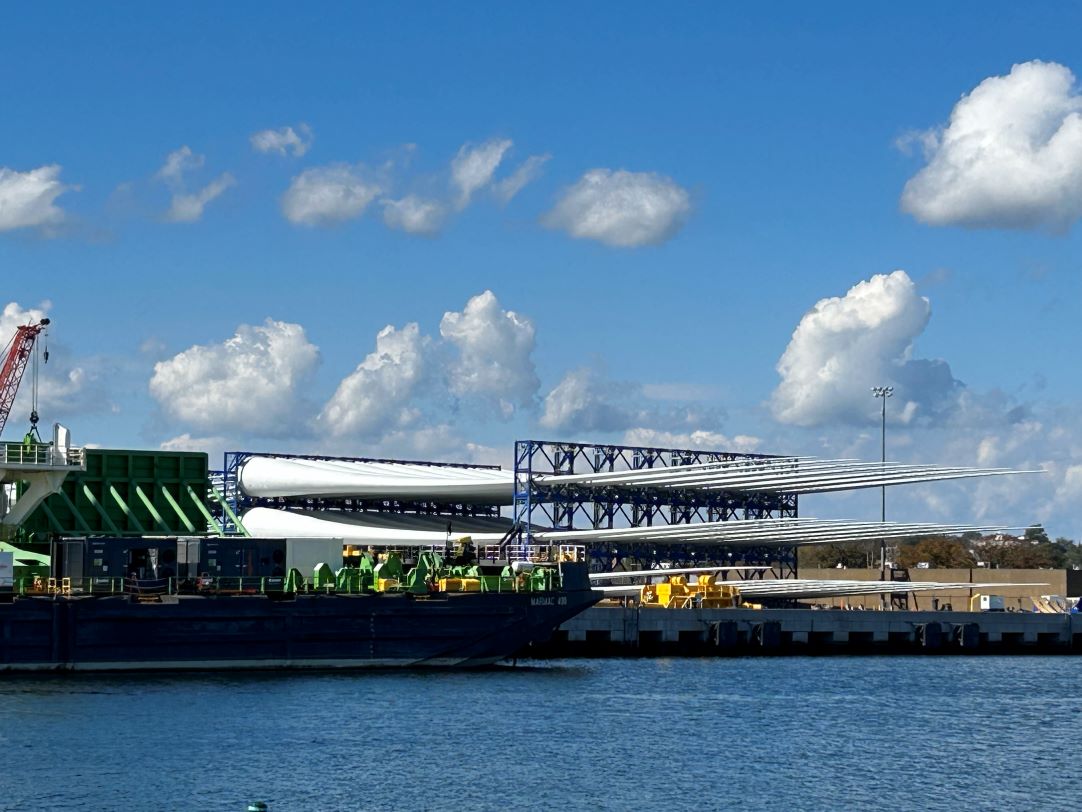Seafood Lover Preaches Eating with the Ecosystem
February 13, 2020
If you are what you eat, then Kate Masury is a lobster.
“It’s been my favorite food since I was a toddler,” said Masury, 31, program director for Rhode Island-based Eating with the Ecosystem. “I don’t remember the first time I ate it, but it’s always been my favorite food. It’s still my favorite food today.”
She’s wearing a red sweater, perhaps in acknowledgement of her crustacean of choice.
“People thought it was really funny. I was a little kid and super into lobster, but my parents, while they liked lobster, weren’t super happy to have to feed their kid lobster all the time,” she recalled with a laugh. “But people thought it was funny, and that’s actually how I got into this.”
“This” being Eating with the Ecosystem, a nonprofit committed to supporting demand for local fish and sustainable fishing practices. Masury, an authority on fish-as-food systems and a self-proclaimed seafood lover, is spreading the gospel of sustainable, local fish — one event, dinner, and study at a time.
Masury grew up in Kittery, Maine, with parents whose work had nothing to do with the fishing industry.
“My parents don’t work in seafood at all, which I think is actually unusual in the seafood world,” the Newport resident said. “I feel like a lot of people get into it because their parents were somehow involved in fishing or ran a seafood market, but my dad is an industrial designer and my mom used to work in landscape restoration and currently works as elementary-school librarian.”
But growing up in coastal Maine meant that the ocean and its denizens were omnipresent.
“My family spent a lot of time in the mid-coast area of Maine; we had a small cabin on an island off the coast, so I grew up going there and spending time tide-pooling and eating lobster and all of that, so I think that’s how I initially got connected to that world,” Masury said.
She graduated from the College of the Holy Cross with a degree in environmental studies. After graduating, she taught marine science and outdoor marine education at field stations and on boats. But people were perplexed by Masury. After all, here was a woman educating people about marine life, yet she was also a big proponent of eating it.
“People thought it was weird that I was teaching people about all these species but that I also loved seafood,” she said. “But I was like no, that’s how I got into all of this; wanting to protect this stuff and making sure it still exists is because I enjoy eating it.”
Masury also saw how the fishing community was often negatively portrayed and wanted to show people that fishermen do care about their catch.
“I grew up in a community that has a lot of fishermen and people in the fishing world, so I knew they want to protect this resource; they’re not out there to pillage the earth,” she said. “So, I was like there’s this other side to things.”
Masury returned to school, attending the the Scripps Institution of Oceanography at UC San Diego and studying sustainable seafood and fisheries.
Three years ago, Masury landed back in New England, when she took the job at Eating with the Ecosystem, combining her love of marine life with her love of eating seafood.
“Our ultimate goal is to create a world where the marketplace supports the ecosystem,” she said. “When you have that connection to the local ecosystem, you’re interacting with it and have more incentives to care for it.”
You’ll often find Masury slinging fish at farmers markets to help spread the mission of Eating with the Ecosystem: promoting “a place-based approach to sustaining New England’s wild seafood, through flourishing food webs, healthy habitats, and short, adaptive seafood supply chains.”
While she loves working for an organization such as Eating with the Ecosystem because it allows her to try some amazing preparations of local fish, the other best part of her job is something that isn’t edible.
“When we give people samples at a farmers market, sometimes I’ll run into them later and they’ll say, ‘Hey I tried this fish, and it was really good and because of you we ordered this fish on this menu or we cooked this at home,’” she said. “That’s really rewarding.”




Big props to Eating With The Ecosystem! Sarah and Kate’s work have significantly influenced my perception of local fisheries and all the work we need to do to promote sustainable fishing practices in our state.